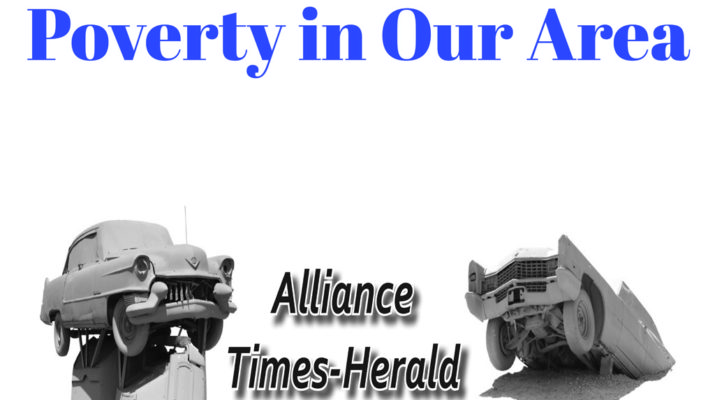In 1967, linguist Martin Joos identified five registers of language or styles of English usage, and these continue to be recognized today. They exist in every world language. The five registers are frozen, formal, consultative, casual, and intimate. Joos found that using the wrong register of language can be socially offensive.
The Bridges Out of Poverty materials focus a great deal of time on the barriers created by language and the problems created for those who live in poverty.
Frozen register is language that is always the same. Examples would be the Lord’s Prayer or the Pledge of Allegiance.
Formal register is the standard sentence syntax and word choice of work and school. Formal structure uses complete sentences and a large, nuanced vocabulary. This is generally recognized as the language of both wealth and middle class.
Consultative register is the formal register when used in conversation. It would be used by professionals in law, medicine, government, and education when they meet with others. People in poverty would encounter consultative register at parent-teacher conferences and in working with agencies.
Casual register is used between friends and family members. The vocabulary is shorter and less complex. Sentences are often incomplete and rely on expressions and gestures for about 80% of their meaning.
Intimate register is used between lovers and twins. When others use it, it is usually construed as sexual harassment.
We all probably use each of the five registers of language based on the situation we are in at the time. However, the situations we encounter and where we are comfortable are based on our backgrounds.
In talking about the problems created by language for people in poverty, we are going to group formal and consultative registers together, as they are primarily used by middle and upper class; then compare them to casual register. Frozen and intimate are self-explanatory, and the problems they create aren’t based on social or economic class.
How does language register impact individuals struggling with poverty? Remember that casual register relies on nonverbal assists more than word choice. This is true in both speaking and writing. Writing includes emojis and nonstandard spellings, like the ones often used in text messages. Filling out forms – job applications, insurance claims, requests for assistance – can be overwhelming.
Students in poverty households and immigrant families have complicated language barriers. In a future article we will look at the problems created in schools because so many students have only communicated in the casual register at home, yet schools operate in the formal register.
The ability to use formal register is a hidden rule of the middle class. Well-paying jobs are accessed via formal register and would use formal register throughout the work being done. Using casual register in an application letter, resume, or job interview will disqualify many job applicants immediately. Regardless of intelligence or ability, the applicant would be relegated to a lower-paying position.
Alliance is hosting Bridges Out of Poverty: Community Lens on Thursday, June 9, 9:00-3:00 at the Alliance High School Commons. Register at www.panhandlepartnership.com. The cost is $45, and scholarships are available by contacting connor.wilburn@panhandlepartnership.com. Please join us!

